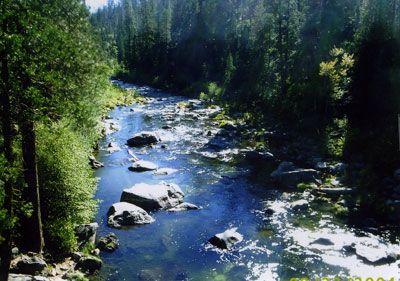All Nonfiction
- Bullying
- Books
- Academic
- Author Interviews
- Celebrity interviews
- College Articles
- College Essays
- Educator of the Year
- Heroes
- Interviews
- Memoir
- Personal Experience
- Sports
- Travel & Culture
All Opinions
- Bullying
- Current Events / Politics
- Discrimination
- Drugs / Alcohol / Smoking
- Entertainment / Celebrities
- Environment
- Love / Relationships
- Movies / Music / TV
- Pop Culture / Trends
- School / College
- Social Issues / Civics
- Spirituality / Religion
- Sports / Hobbies
All Hot Topics
- Bullying
- Community Service
- Environment
- Health
- Letters to the Editor
- Pride & Prejudice
- What Matters
- Back
Summer Guide
- Program Links
- Program Reviews
- Back
College Guide
- College Links
- College Reviews
- College Essays
- College Articles
- Back
The Dead Zone MAG
The Gulf of Mexico dead zone is an oxygen-depleted area at the mouth of the Mississippi River that can’t support life. This seasonal zone has been a problem for years and has been growing larger. Although the size of the zone varies by year, it has at times covered over 18,000 square kilometers! According to National Geographic, scientists have identified agricultural fertilizers as the primary culprit behind the phenomenon and “the nutrients that flow into the Gulf of Mexico allow microscopic organisms called phytoplankton to bloom. When these algae die, they sink to the bottom of the ocean. There, they are decomposed by oxygen-consuming bacteria. In the process, the bacteria consume most of the surrounding waterborne oxygen, leaving little for the other life-forms.”
There have been many attempts to rein in this zone because it affects the area’s economy. The Gulf of Mexico is home to many fish, shrimp and squid, and it is also an area of recreation, including swimming and deep-sea fishing. We could curtail the dead zone by banning the polluting fertilizers that run off into the Mississippi, and placing barriers along the banks of the river. Computer modeling by marine scientist Donald Scavia suggests that to reduce the Gulf of Mexico dead zone to 1970s levels, a 40 to 45 percent reduction in nutrient runoff may be necessary.
The dead zone is now the size of New Jersey and if it is not stopped, it will become longer and wider. Many attempts have been made by scientists to prevent the pollution causing the dead zone. They have been testing new fertilizers that are not as toxic but often they do not work as well. I think we should keep trying to find new fertilizers that are not as harmful.
The Ocean Dumping Banning Act states that certain harmful items should not be dumped in the ocean. This law should apply to these fertilizers because they pollute the ocean. This law could help keep the dead zone from growing larger. Not using as much fertilizer along the banks could also reduce it and thus eliminate the killing of marine life.
We should also set up barriers so the fertilizers do not enter the Mississippi River. The fertilizers can still enter the ocean by seeping through the ground, but barriers would keep fertilizers from running off into the river and thus help prevent growth in the dead zone and lessen the loss of marine life.
If we are able to institute these ideas, we can stop the zone’s growth and possibly even reduce it. By eliminating the dead zone we would help marine life, reduce pollution in the ocean, and keep our food source safe.

Similar Articles
JOIN THE DISCUSSION
This article has 1 comment.

0 articles 0 photos 12292 comments